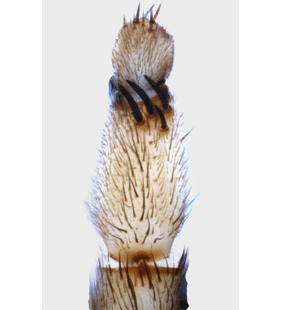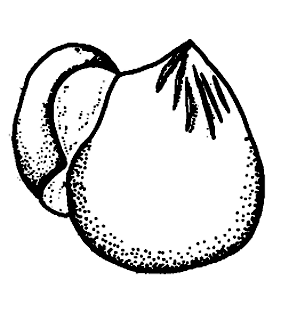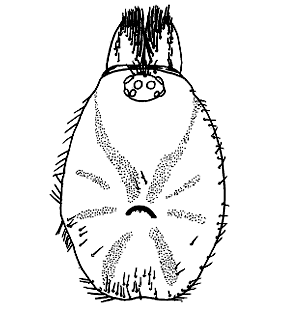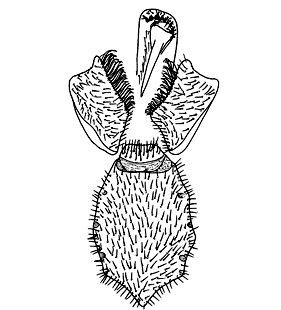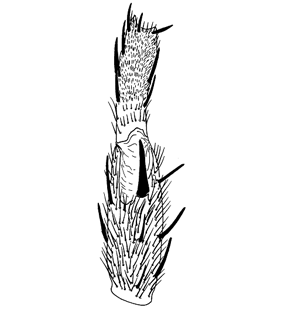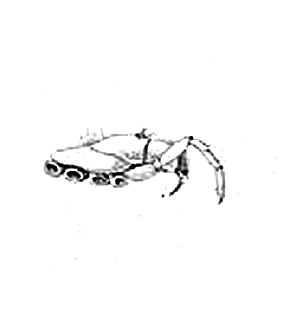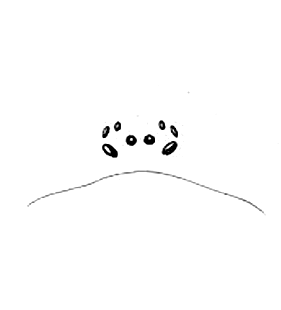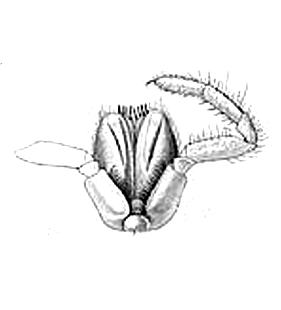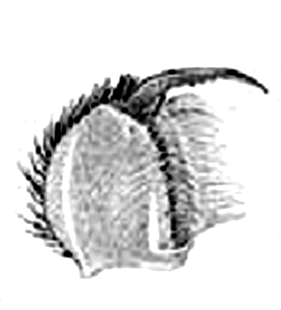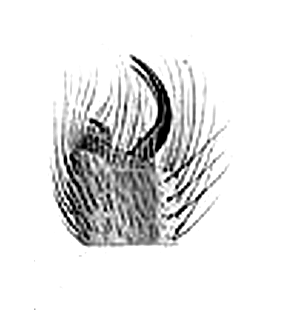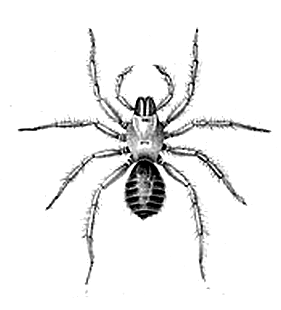Nemesia cellicola Audouin, 1826
Beschreibung
Weibchen
Pedipalpentibia mit 3 apikalen Stacheln. Beine: Patella I mit 1 prolateralen Stachel, Tibia I mit 3 lateralen und 7 ventralen Stacheln.
Verbreitung
Abbildungen
Verbreitungsnachweise
"No reference" bedeutet nicht, dass die Art in diesem Land nicht vorkommt, sondern dass wir die Referenz hierfür noch nicht eingefügt haben. Wir arbeiten daran.
Literatur
Audouin V (1826) Explication sommaire des planches d'arachnides de l'Egypte et de la Syrie publiées ... in "Description de l'Egypte...". Histoire Naturelle 1(4): 1-339 ![]()
Bosmans R (2003) A checklist of the spiders of Tunisia, with description of a new species of Palliduphantes Saaristo & Tanasevitch (Araneae: Linyphiidae). Kaupia - Darmstädter Beiträge zur Naturgeschichte 12: 89-109 ![]()
Cassar T, Mifsud D, Decae A E (2022) The Nemesia trapdoor spider fauna of the Maltese archipelago, with the description of two new species (Araneae, Mygalomorphae, Nemesiidae). European Journal of Taxonomy 806: 90-112 ![]()
El-Hennawy H K (2017a) A list of Egyptian spiders (revised in 2017). Serket 15: 167-183 ![]()
Pantini P, Isaia M (2019) Araneae.it: the online catalog of Italian spiders, with addenda on other arachnid orders occurring in Italy (Arachnida: Araneae, Opiliones, Palpigradi, Pseudoscorpionida, Scorpiones, Solifugae). Fragmenta Entomologica 51: 127-152 ![]()
Raven R J (1985) The spider infraorder Mygalomorphae (Araneae): Cladistics and systematics. Bulletin of the American Museum of Natural History 182: 1-180 ![]()
WSC (2025) World Spider Catalog. Version 26. Natural History Museum Bern, online at http://wsc.nmbe.ch (28.2.2025) doi: 10.24436/2 ![]()

